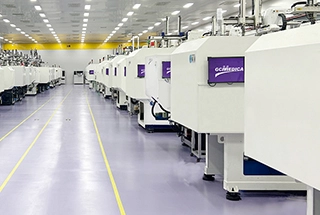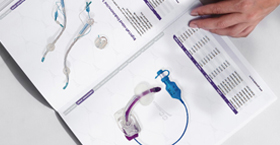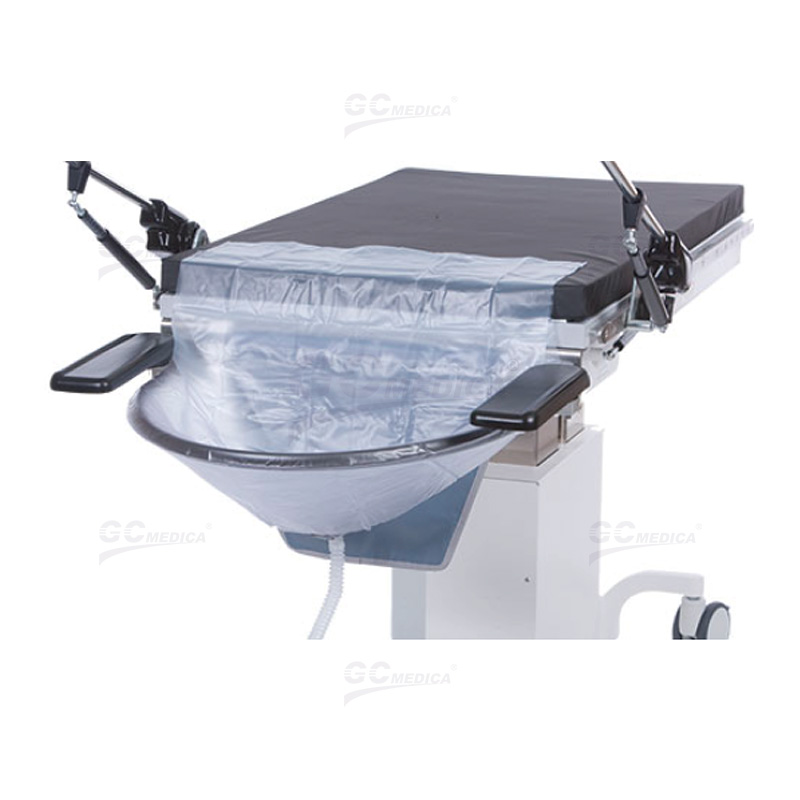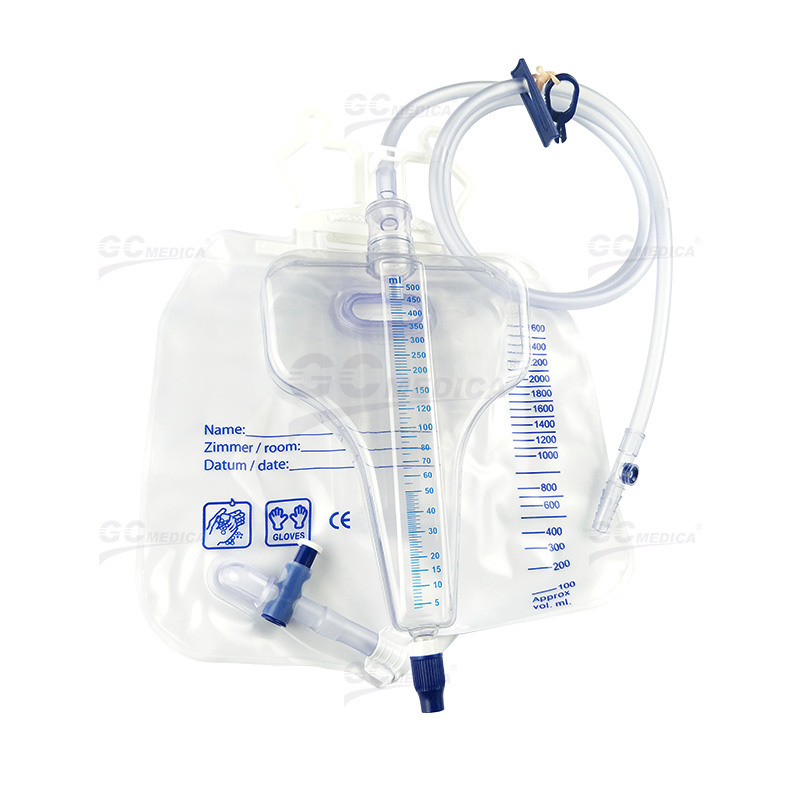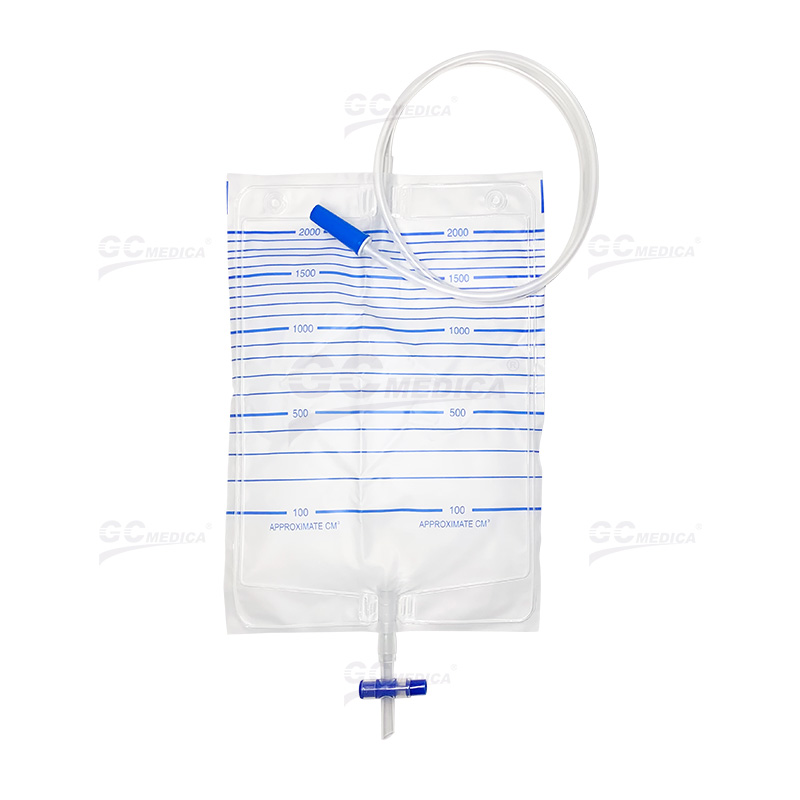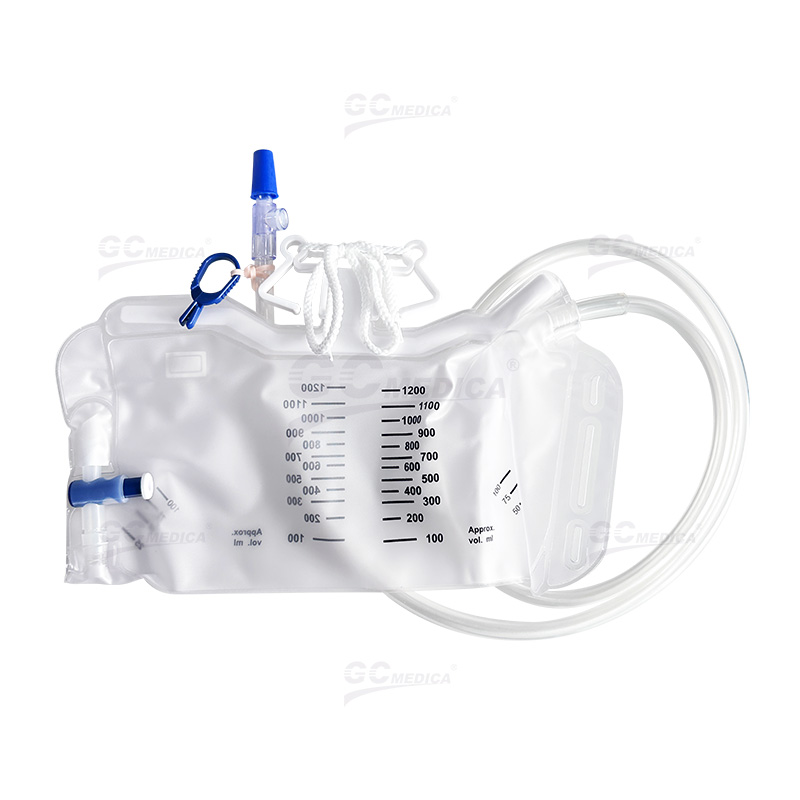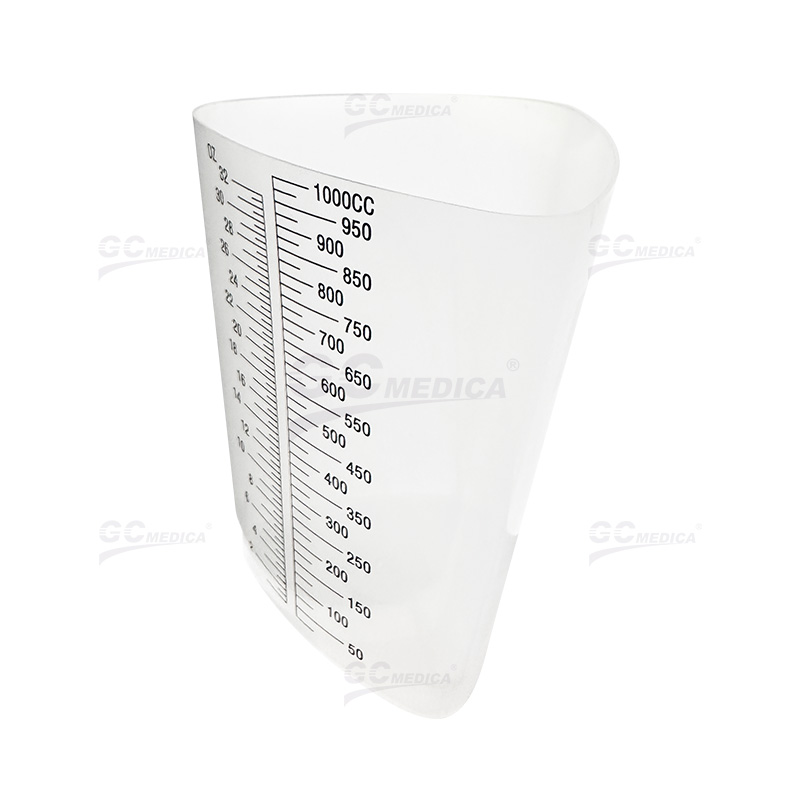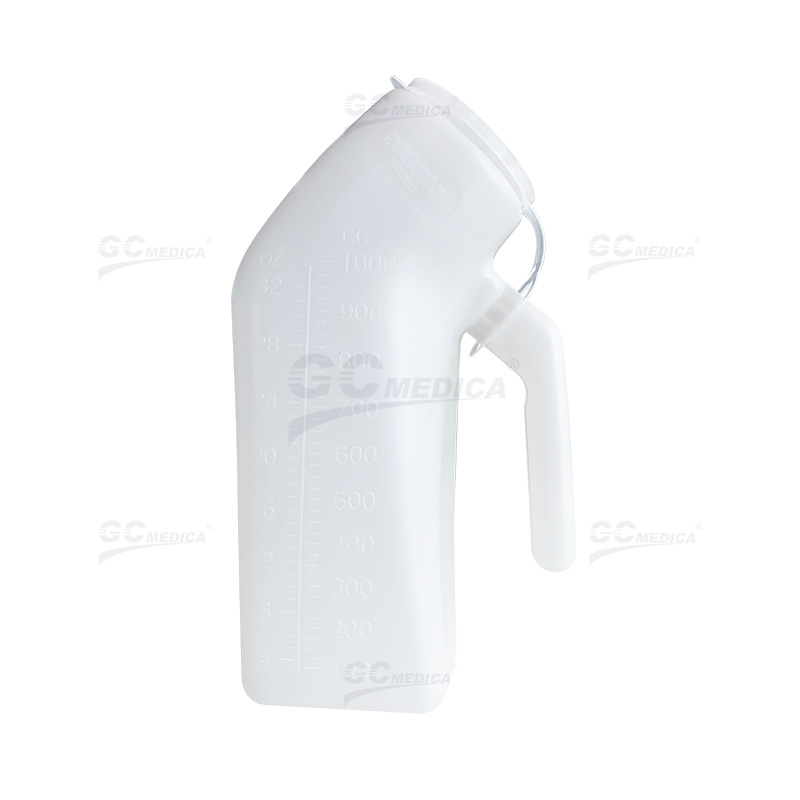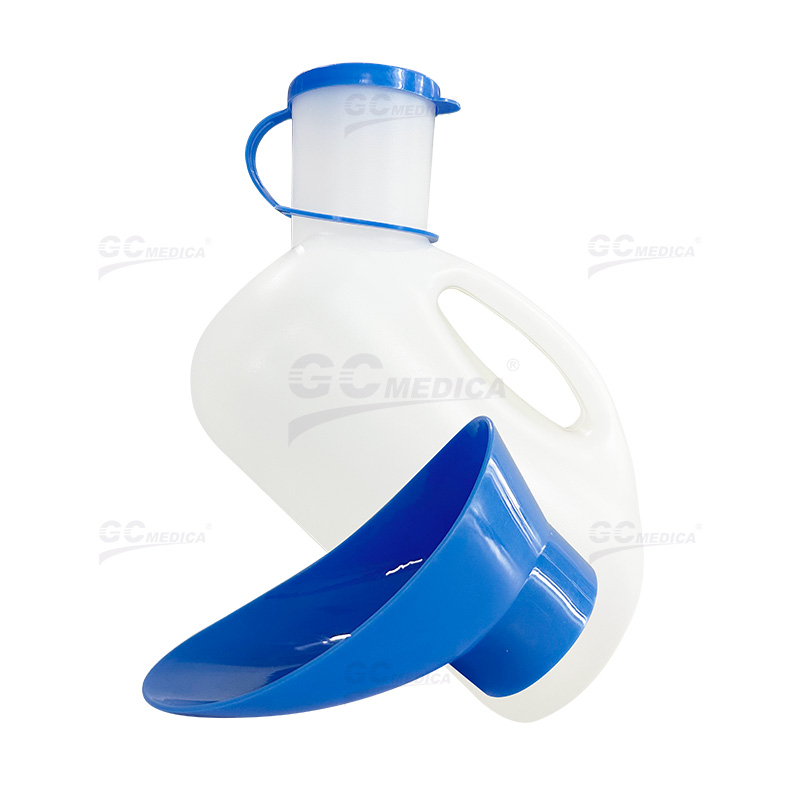Selecting a reliable urine container supplier is essential for healthcare facilities and laboratories to maintain the integrity of urine specimens, ensure accurate diagnostic results, and comply with regulatory standards. Here are key considerations to guide your procurement process:
| Urosteam drainage bag | |
| Urine Meter | |
| Basic Urine Bag | |
| Low-Bed Urine Bag | |
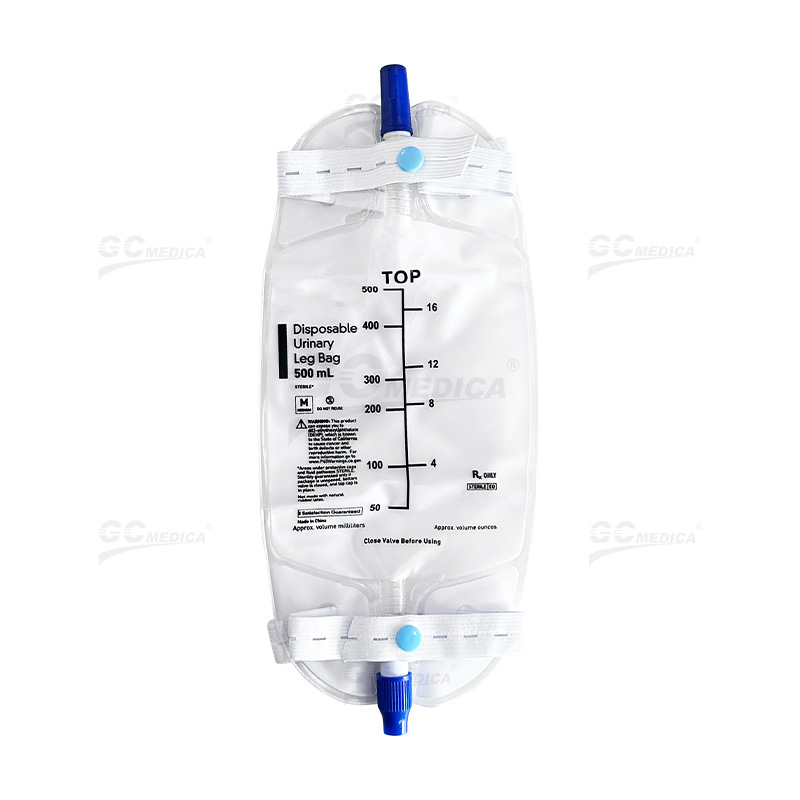 | Urinary Leg Bag |
| Triangular Graduate | |
| Male Urinal | |
| Unisex Urinal |
1. Assess Material Quality and Compliance
Choose suppliers that provide urine containers made from medical-grade materials, such as polypropylene or polystyrene, known for their durability and chemical resistance. Ensure these materials comply with international health and safety standards, including FDA approval, ISO certifications, and CE marking.
2. Evaluate Design and Functionality
Opt for containers with user-friendly designs that facilitate easy collection, secure sealing, and leak-proof transportation. Features like graduated markings for accurate volume measurement and transparent bodies for visual assessment enhance functionality.
3. Verify Sterility and Packaging
Ensure the supplier provides containers that are sterile and individually packaged to prevent contamination. Inquire about their sterilization methods and confirm adherence to recognized standards. Proper packaging maintains sterility and simplifies storage and distribution.
4. Review Supplier Quality Assurance Practices
Investigate the supplier's quality management systems. Look for evidence of regular product and process audits, which indicate a commitment to maintaining high-quality standards throughout the production lifecycle.
5. Consider Customization and Flexibility
Depending on specific needs, assess whether the supplier offers customization options, such as varying sizes, shapes, or unique features. Flexibility in product offerings can be crucial for meeting diverse requirements.
6. Analyze Cost and Value
While quality is paramount, consider the cost-effectiveness of the supplier's offerings. Obtain detailed pricing information and compare it with other suppliers to ensure a balance between cost and quality.
7. Check Regulatory Compliance and Documentation
Ensure the supplier complies with all relevant regulations and can provide necessary documentation, such as Certificates of Analysis (CoA) or Material Safety Data Sheets (MSDS). Proper documentation is essential for traceability and regulatory audits.
8. Assess Customer Support and Communication
Effective communication is vital for a successful supplier relationship. Choose a supplier that offers responsive customer support to address inquiries and resolve issues promptly.
Conclusion
By thoroughly evaluating factors such as material quality, design, sterility, quality assurance, customization options, cost, regulatory compliance, and customer support, you can select a urine container supplier that meets your facility's needs and upholds the highest standards in specimen collection and patient care.

 Français
Français Español
Español Products
Products
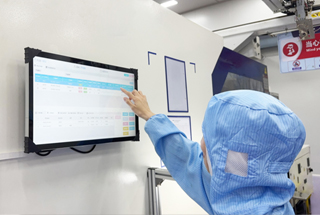
 About Us
About Us




